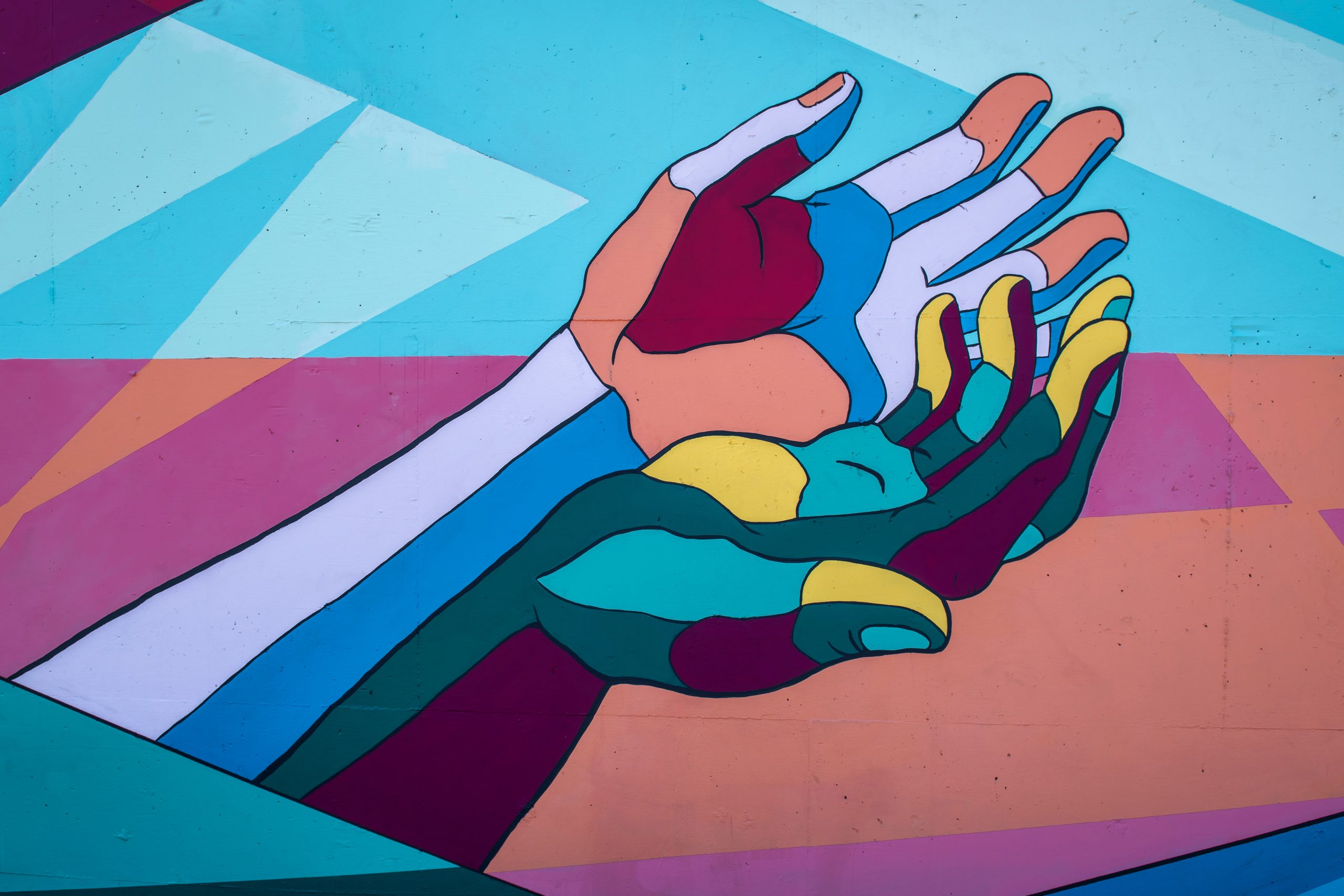Social economy and social enterprise research, taken into account as approaches that help us to understand the challenges that our societies are facing, and the role that citizens have on them, has increased during recent decades. International and national research projects, publications on different languages, and formal training programs at the university level, has contributed to develop a new generation of researchers. These researchers, that come from several disciplines and using different methodologies, are reformulating the topics and procedures in areas related with social economy and social enterprises. Nevertheless, the precariousness of the opportunities to develop a professional career and the isolation in which this new generation carry out their research, represents challenges that PhD students and young graduates have to face every day in these areas.
This special issue of the Ibero-American Journal of Solidarity Economy and Socioecologic Innovation (Revista Iberoamericana de Economía Solidaria e Innovación Socioecológica, RIESISE) coordinated by Carmen Guzmán Alfonso and Rocío Nogales Muriel aims at tackling these very issues. Under the title “Recent developments in social economy and social enterprise research: Keys from an international perspective“, presents a selection of the papers presented in the REJIES-COST International PhD Seminar held on April 4-5 at the University of Seville (Spain). It was co-organized by CIRIEC’s Network of Young Researchers in Social Economy (REJIES) and the EMES International Research Network through its EMPOWER-SE COST Action. It constitutes the first concrete result of the seminar which aimed at connecting different PhD networks, fostering synergies and collaborations among international early career researchers working on social enterprise from different perspectives.
The special issue includes papers in English and Spanish that cut across reflections on the SE field such as the interaction of SE with public policy, its contribution to local development, the development of entrepreneur ecosystems and the assessment of social impact. Recent advances at the level of new fields of scientific inquiry like community supported agriculture and alternative food networks are also included. Some discussion is also held around the interplay between theory and practice when it comes to SE as well the analysis of key agents, challenges and opportunities that are emerging in this new research context.
We include below the list of published papers with the corresponding authors:
- Sostenibilidad, desarrollo endógeno y economía social [Sustainability, endogenous development and social economy] by Adoración Mozas Moral, Domingo Fernández Uclés, Enrique Bernal Jurado, Miguel Jesús Medina Viruel (Spain)
- Ecosistemas locales de economía social y solidaria. Una herramienta para un desarrollo local [Local social and solidarity ecosystems. A tool for local development] by Asier Arcos Alonso (Spain)
- La Economía Social y Solidaria y la participación ciudadana en el proceso de elaboración de políticas públicas, caso Ecuador [Social and solidarity economy and citizen participation in public policymaking: The case of Ecuador] Katherine Guerrero Arrieta and Teresa Savall Morera, University of Valencia (Spain)
- La importancia del ecosistema emprendedor para la economía social y solidaria en la nueva era tecnológica [The importance of the entrepreneurial ecosystem for the social and solidarity economy in the new technological era] by Leandro Morais and Miguel Juan Bacic, UNESP (Brazil)
- Social impact assessment – A possible challenge for social enterprise? by Audrone Urmanaviciene, Tallinn University (Estonia)
- Interplay of theory and practice: experiences from the Hungarian social enterprise field by Julianna Kiss, Corvinus University of Budapest (Hungary)
- Quality. Local. Social. What else? – Factors that motivate consumers to participate in alternative food networks in Hungary by Anna Török, Corvinus University of Budapest (Hungary)
- Social enterprise research from an international perspective: Key agents, challenges and opportunities ahead Rocío Nogales Muriel, EMES Network (Belgium/Spain) and Samuel Barco, Diesis (Belgium/Spain)
All articles can be accessed via the RIESISE website.
Photo by Tim Mossholder on Unsplash.

